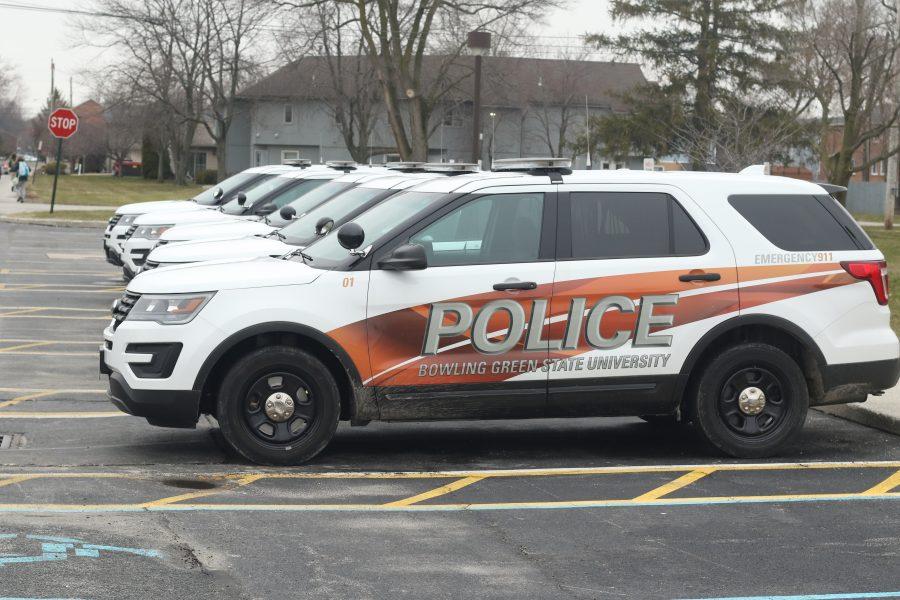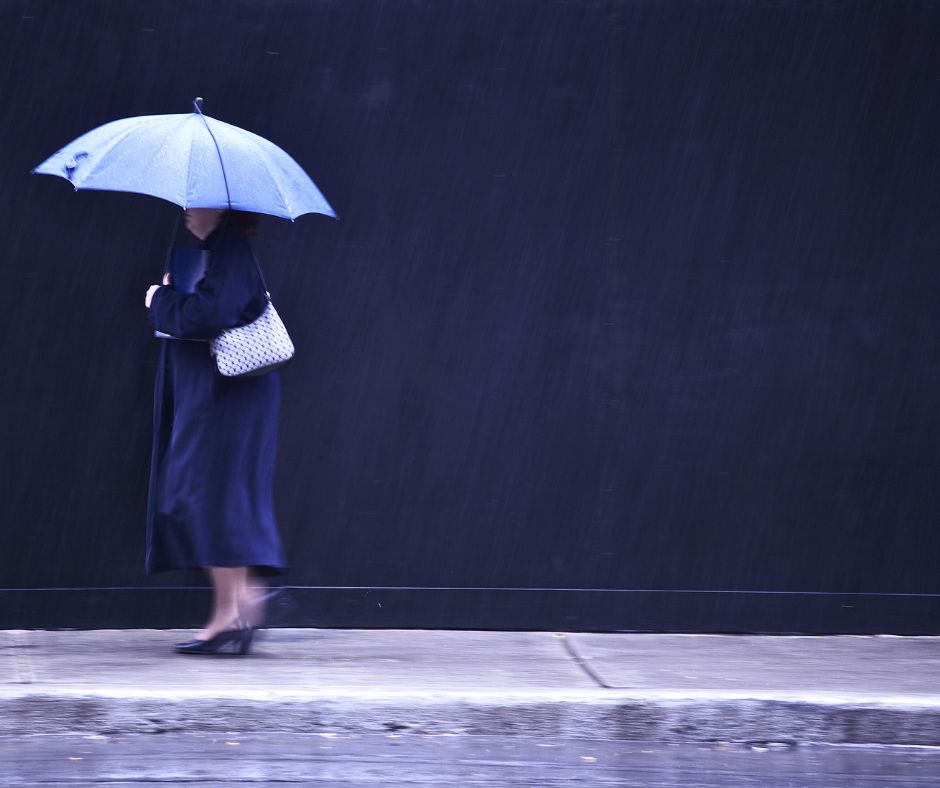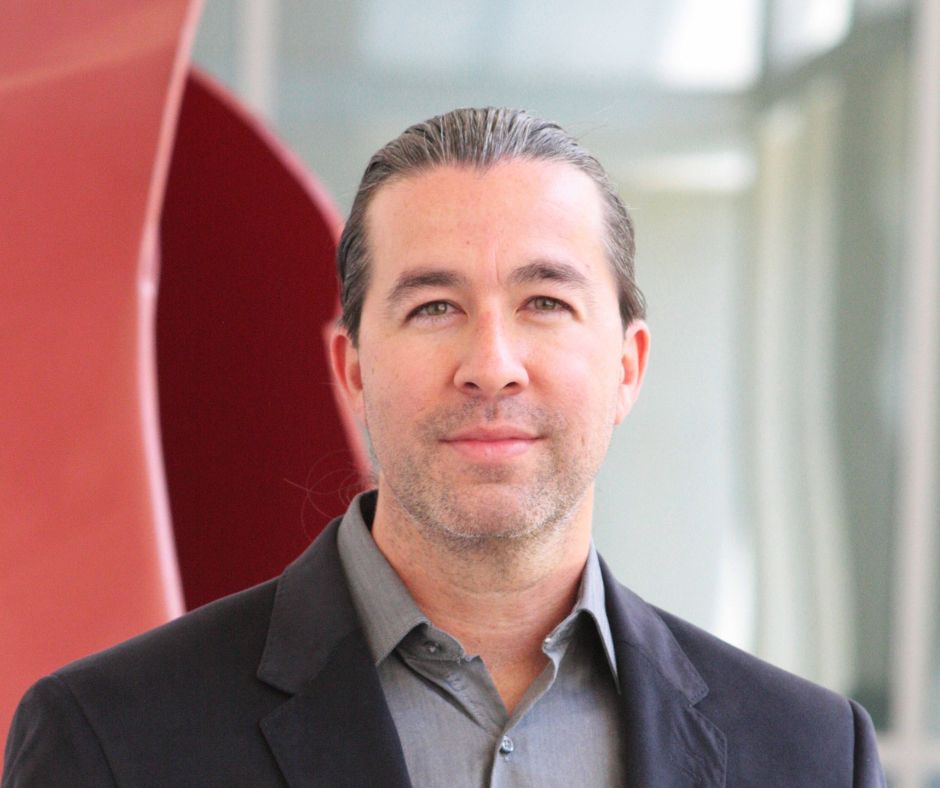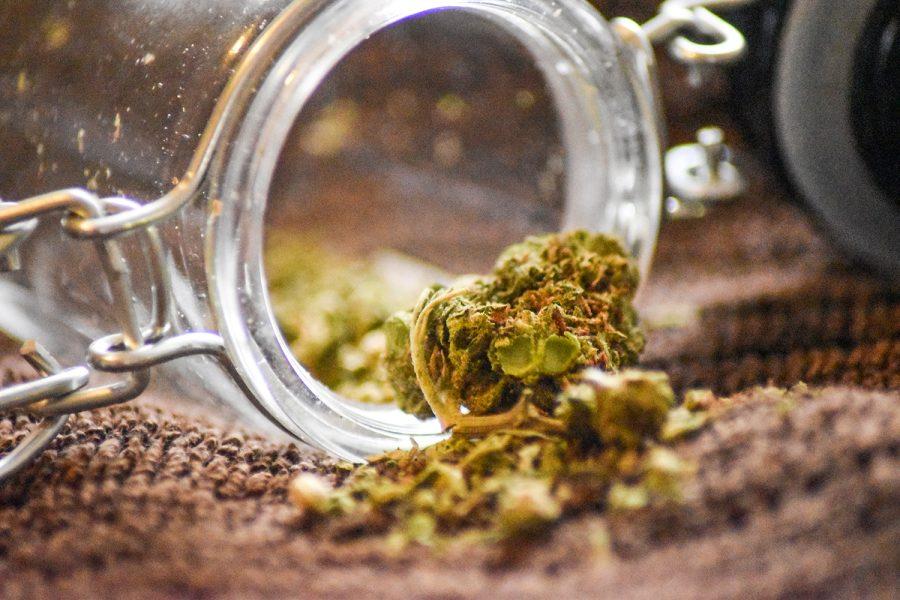Sleep is not always a student’s top priority, but it affects all the other priorities in a student’s life, said Faith Yingling, director of wellness.
“The beauty of sleep is it helps your body recover,” Yingling said.
This time of year typically carries a greater risk for people to get sick, Yingling said. “With the influx of diseases and the stress of finals, it’s important to get more, and better, sleep.”
Senior Chris Lang said his sleep is sometimes affected by late night caffeine.
Yingling said caffeine and nicotine are both stimulants that can affect sleep. She also said that though alcohol is a depressant, which means it slows down the central nervous system, it can still negatively affect sleep. The quality of sleep is what’s affected the most, Yingling said.
“[Someone who drinks a lot] may sleep, but it’s not a real restful sleep,” she said.
Sophomore Chip Ratcliff said the longest he has ever stayed awake was 36 hours.
“There’s a lot of factors that went into [that stretch of time],” Ratcliff said.
Junior Anna Weilant said her sleep is most affected by studying for exams or classes.
“[They’re] not all-nighters, but late-nighters,” Weilant said.
Yingling said a lack of sleep can delay the brain’s information processing and affect learning and memory.
Weilant said she usually does better on tests when she’s able to get more sleep the night before.
The amount of sleep students need to perform their best varies on a person-to-person basis, Yingling said.
“Sleep is really kind of individual,” she said.
Lang said he can “do all right” with about six hours of sleep per night.
Ratcliff said he feels rested after about eight hours of sleep per night. “I can make do on much less but it sucks,” Ratcliff said.
Weilant said she gets about seven hours of sleep per night, but she could probably sleep for much longer if given the opportunity.
“You really have to know your body and how you feel after sleep,” Yingling said.
For students who struggle with sleep, the Wellness Connection will host its Pajama Party on Thursday, Dec. 4 from 10 p.m. to midnight at the Perry Field House.
Yingling said that if students struggling with sleep can pinpoint the cause of their problems then they can seek out more help with different organizations on campus. She said that if the problem is medical, students can go to the Falcon Health Center; if it’s emotional, students can go to the Counseling Center; and if it’s academic, students can possibly talk to the Learning Commons or their academic advisors.
Students can also keep a sleep diary that documents their sleep environments, the times they go to bed, the times they wake up and their sleep patterns, Yingling said. This would give students reference books to give to any healthcare providers they approach about their sleep problems, she said.






















